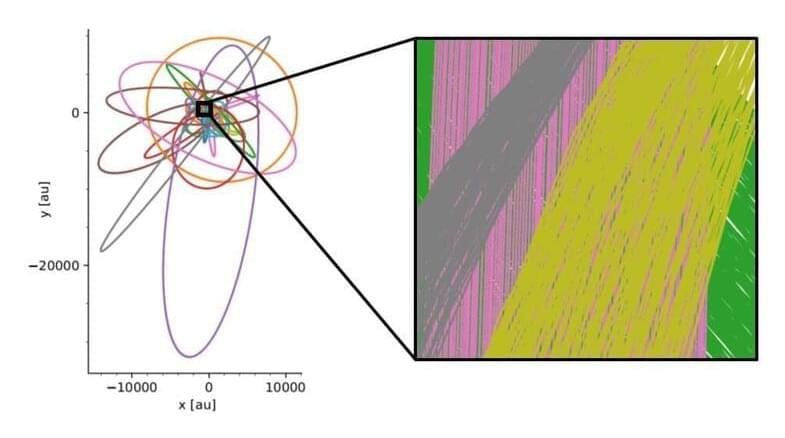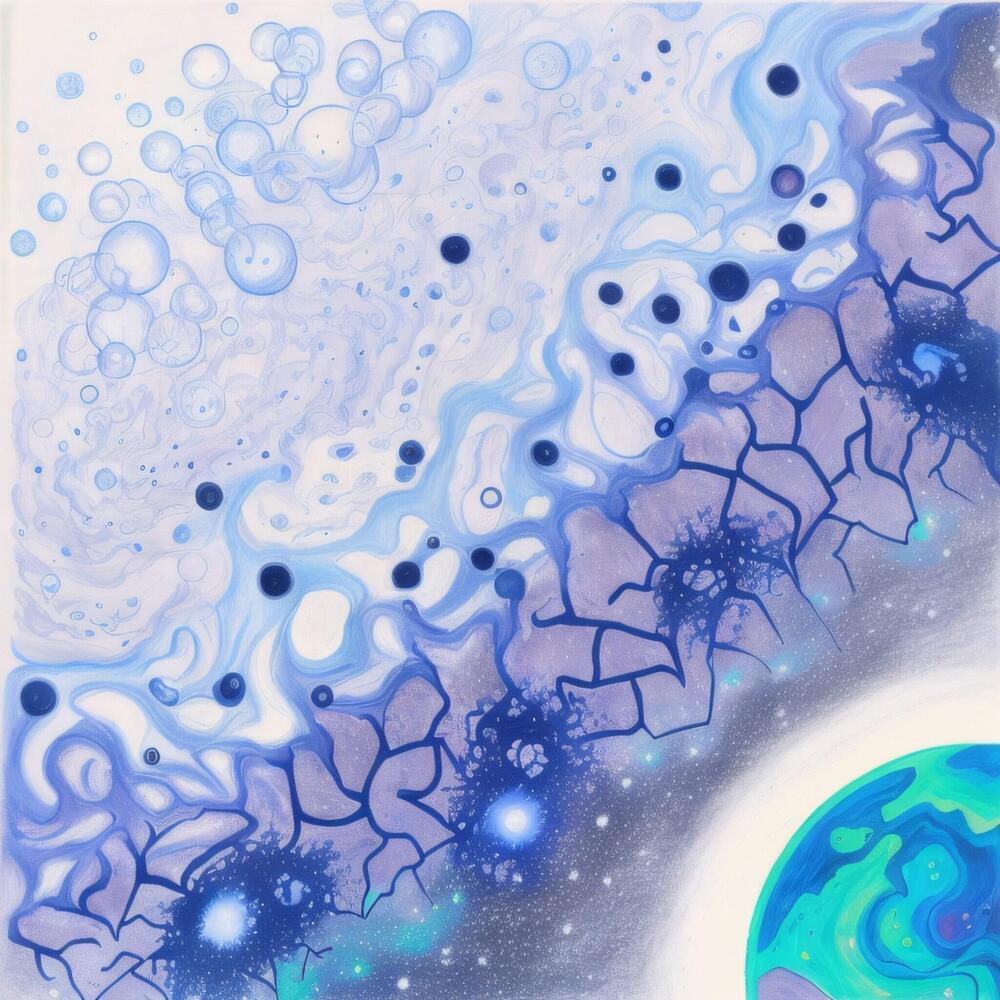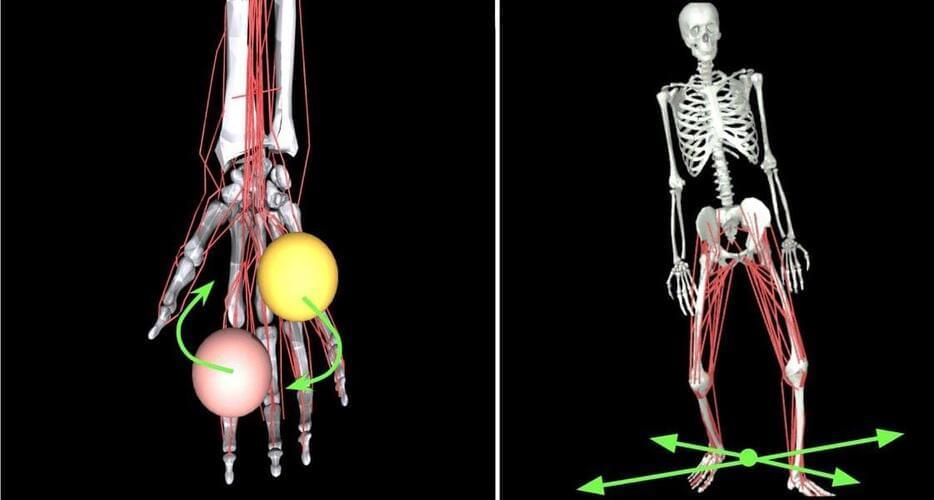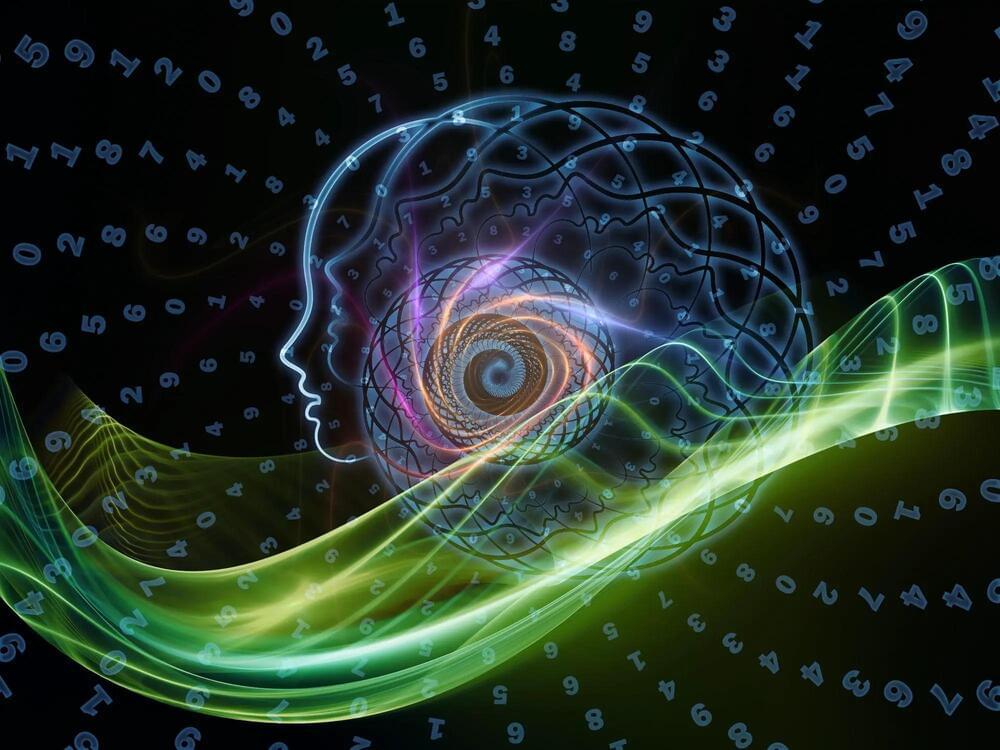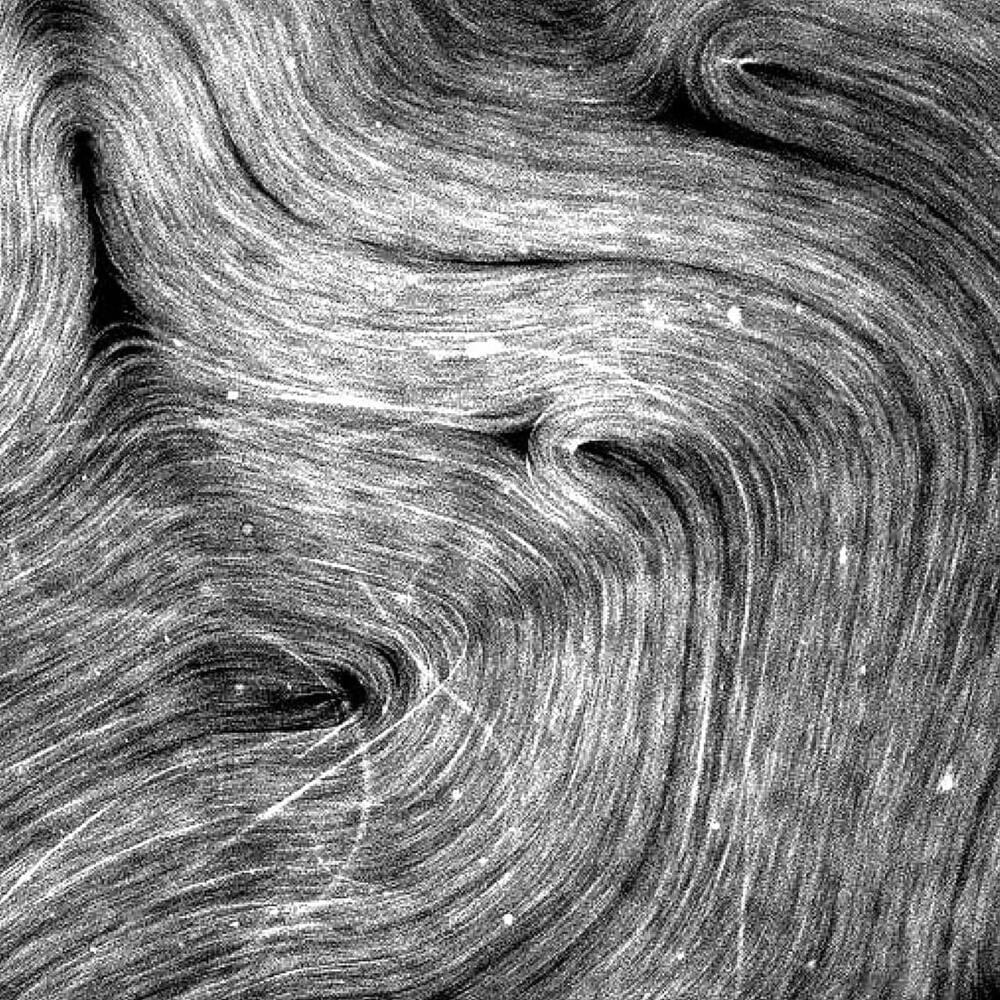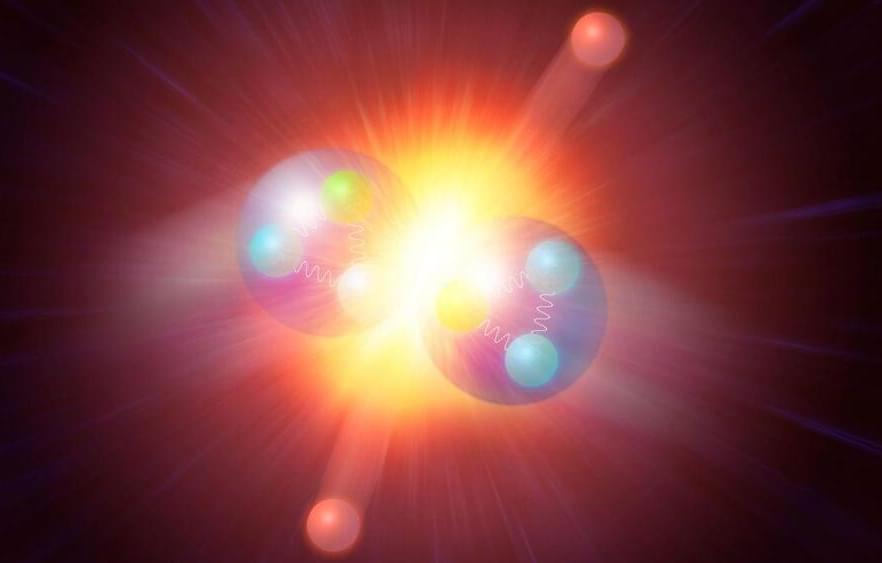The “no-hair theorem” of black holes, which greatly simplifies the way we model them, may not be true if an alternative theory of gravity known as the teleparallel formulation is correct, an unpublished paper argues. This could make the study of black holes considerably more complicated, but it would also allow physicists to understand them in ways many have feared they never will.
According to the “no-hair theorem”, a black hole’s mass, electric charge, and spin can tell us everything there is to know about that hole. Anything else we might measure, such as its magnetic moment, can be derived from these three measures.
Crucially, that means that when matter is swallowed by a black hole’s event horizon, all the information contained within it is lost, once the black hole has emitted any gravitational waves or light associated with its meal. It doesn’t matter what elements went into forming a black hole’s predecessor star, or even if it was made of antimatter rather than matter – under the no-hair theorem, it would appear identical to anyone outside its event horizon. The term “hair” is a metaphor for information streaming out of a black hole beyond the point of no return for incoming objects.

